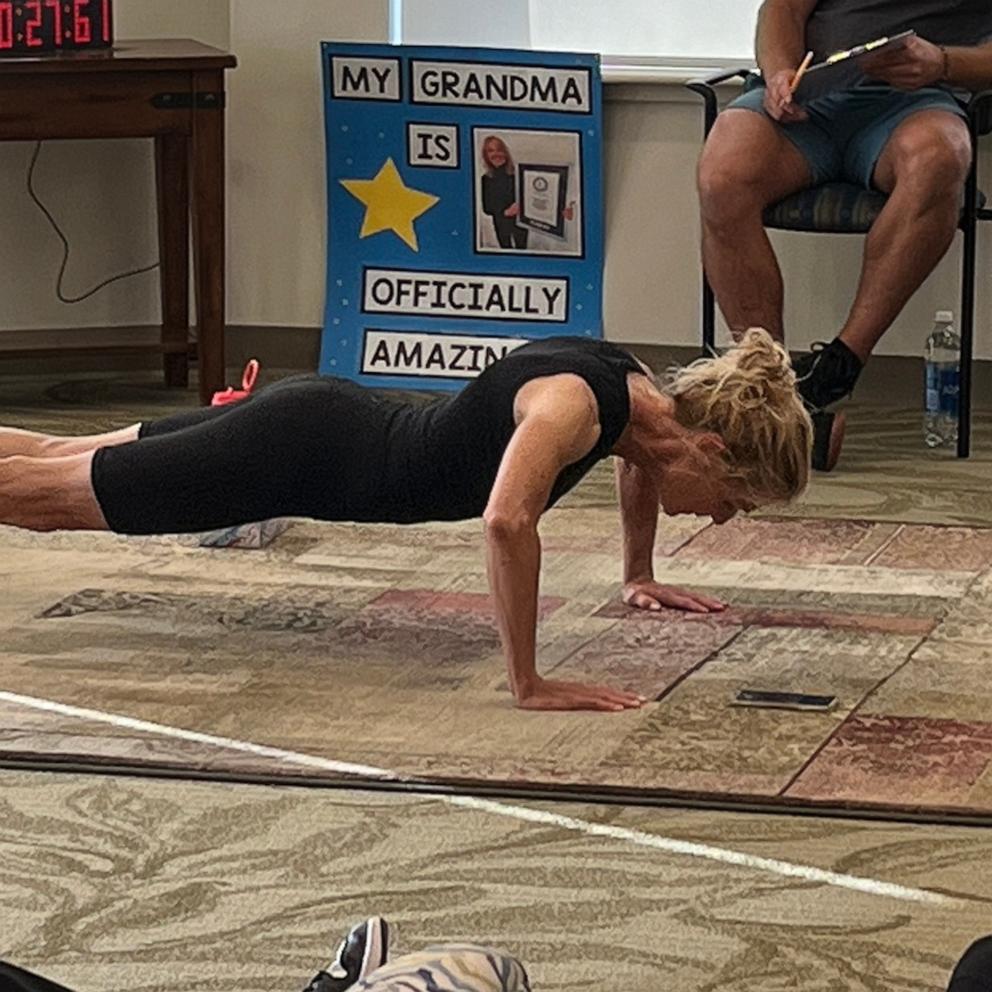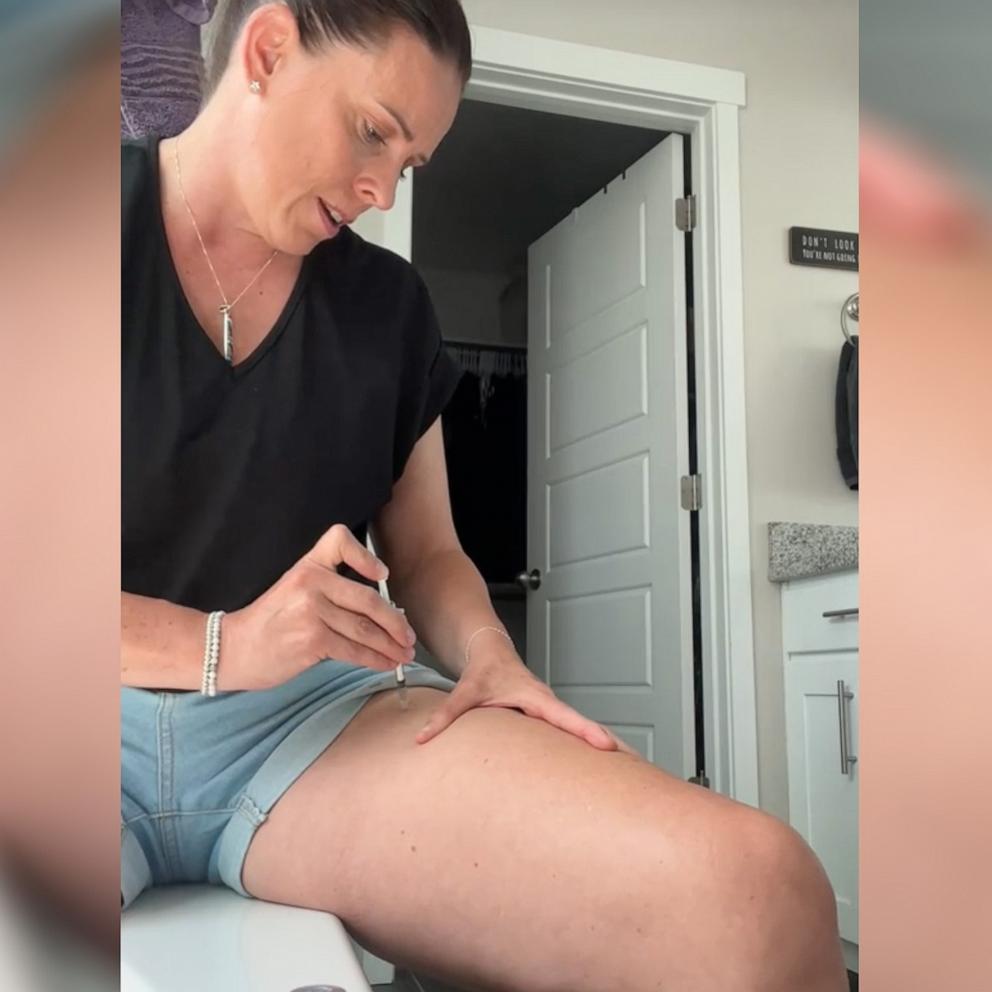Pandemic takes toll on young adults' mental health, studies show
Members of the Robbins family have gathered at the gravesite of Christian Robbins every day since the 16-year-old high school sophomore died by suicide in April. His loss has weighed heavy on the family ever since.
“He was goofy, he was funny,” said father Ted Robbins.
“He had a warrior spirit too,” added Sarah Robbins, Christian's mother.
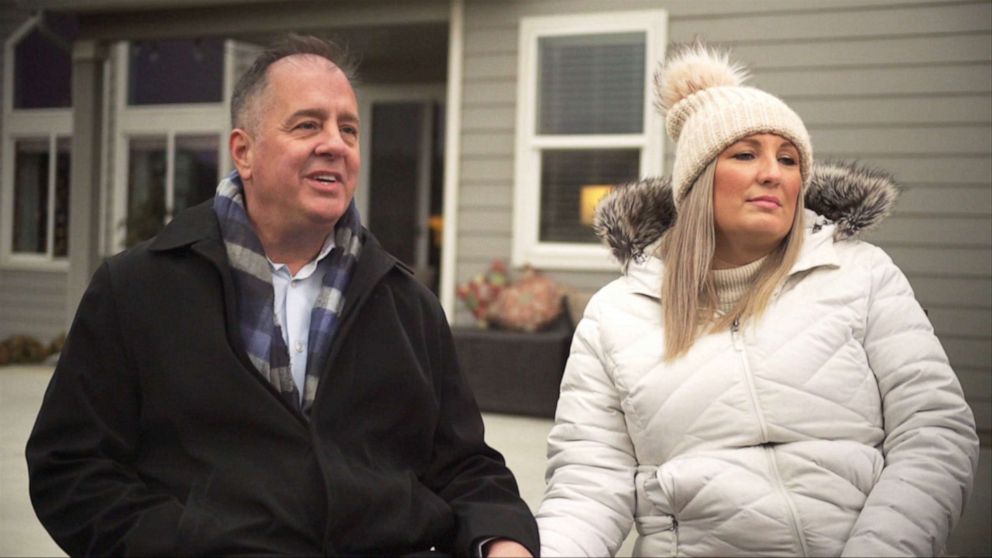
The family, who live in Richland, Washington, are hoping their story will shed light on the alarming psychological toll the coronavirus pandemic is taking on children.
According to the Centers for Disease Control and Prevention, anxiety and depression in young adults have skyrocketed during the pandemic.
In a June CDC survey, 75% of young adults said they were struggling with their mental health and 25% said they had thoughts of suicide within the last month.
The Robbins family said Christian suffered from bouts of depression and bipolar disorder in the past. But when the pandemic hit in March, he struggled most with the isolation.
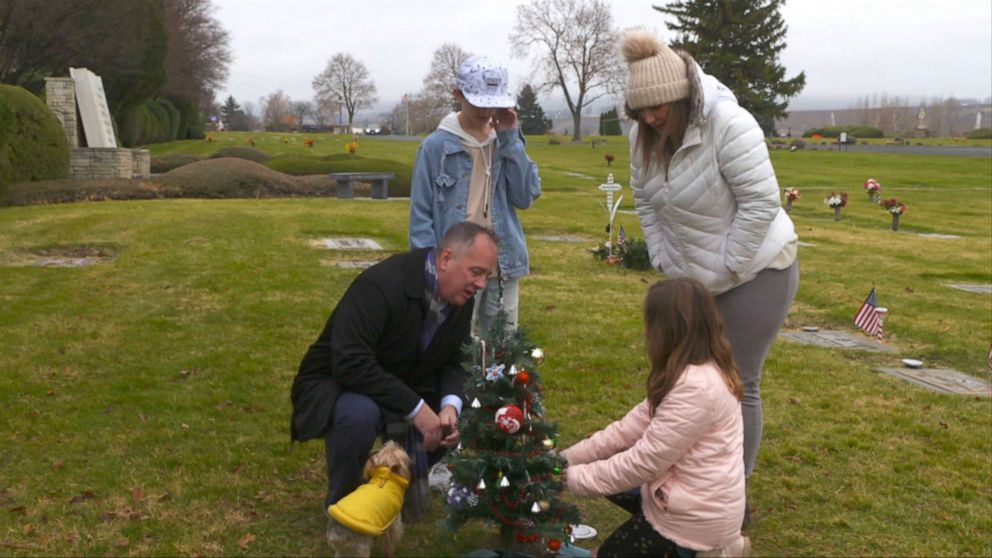
“If it wasn’t for COVID, I think Christian would still be here,” said his father. “He had good doctors, he had good treatment and he had his friends that were coming over every single weekend. And then when COVID hit, it took all that away from him.”
The Robbins are not the only family grieving the loss of a child from the pandemic.
Maine High School sophomore Spencer Smith died by suicide on Dec. 4. He left a note that said he felt "locked in the house."
“He was a fun-loving kid. But we didn’t see the pain that apparently he was in,” said his father Jay Smith. “The social distance ain’t working for the kids. I mean, the kids are having it hard.”
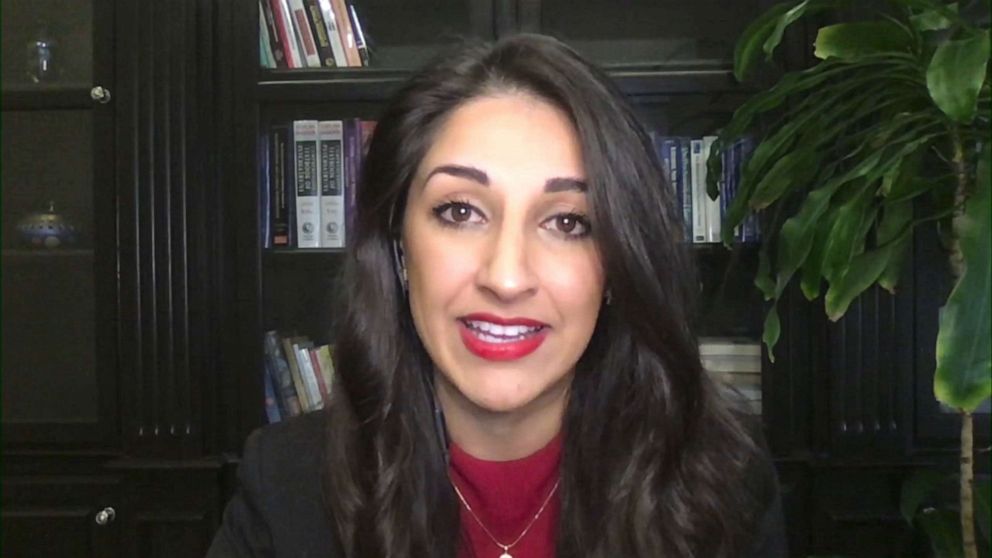
Child psychologist Dr. Neha Chaudry said remote learning is leaving many children feeling unmotivated and isolated.
The best thing families and teachers can do is to provide emotional support and a consistent routine for struggling young adults, she explained.
“Some things that families and teachers and caregivers can do to support the emotional health of a child are things like providing structure, routines and consistency, which function like swaddles for the mind," said Chaudry.
She went on, “I think the earlier that we can catch mental health conditions, the better the child will do overall. It's up to us to see them, to hear them and to set a good example. That's how we can help them."
“If we can save another child that’s out there, even one, we’ve done our job as a family,” said Ted Robbins. “And we’ve honored Christian.”
If you are struggling with thoughts of suicide or worried about a friend or loved one help is available. Call the National Suicide Prevention Lifeline at 1-800-273-8255 [TALK] - for free confidential emotional support 24 hours a day 7 days a week. Even if it feels like it – you are not alone.
